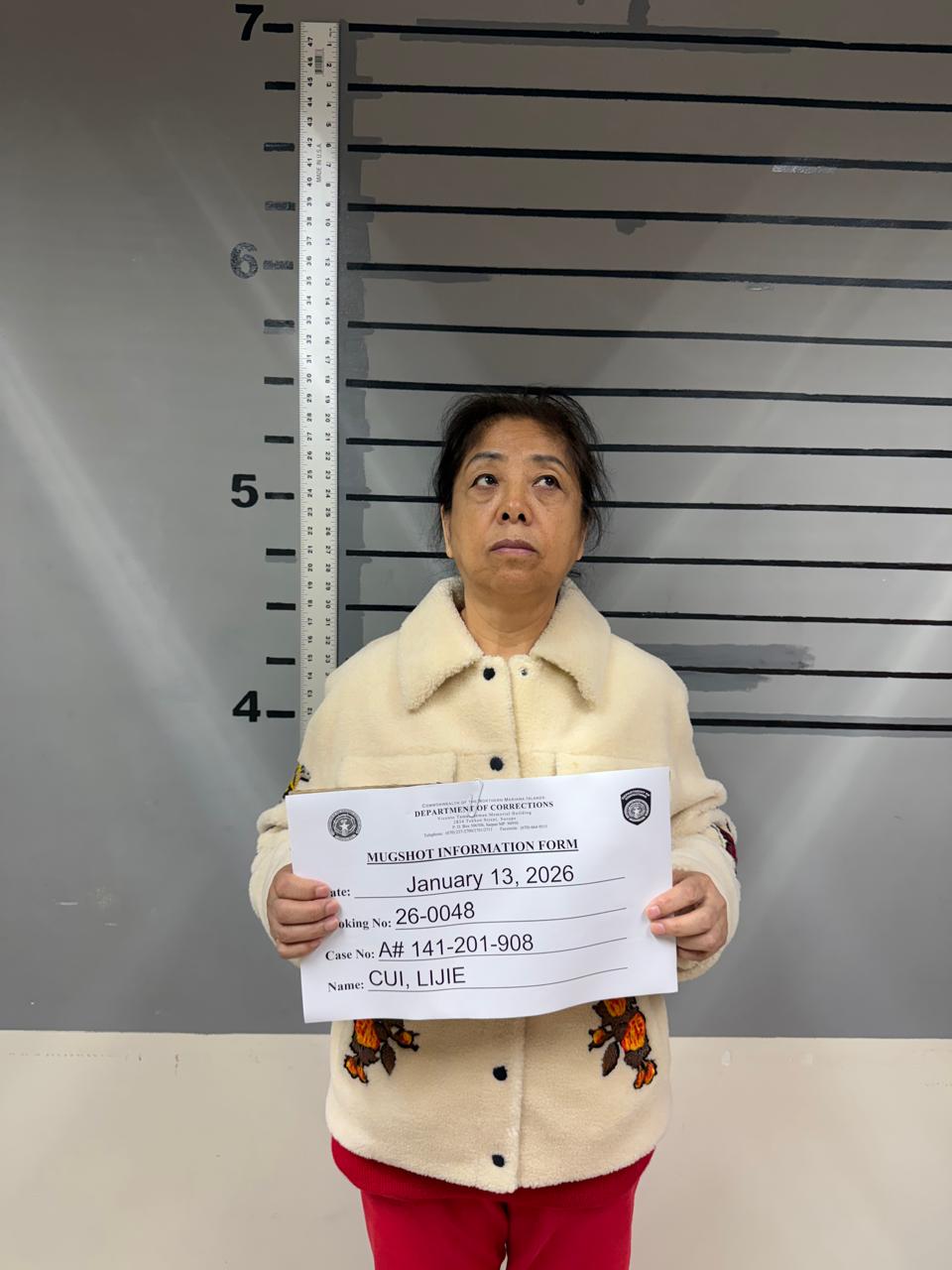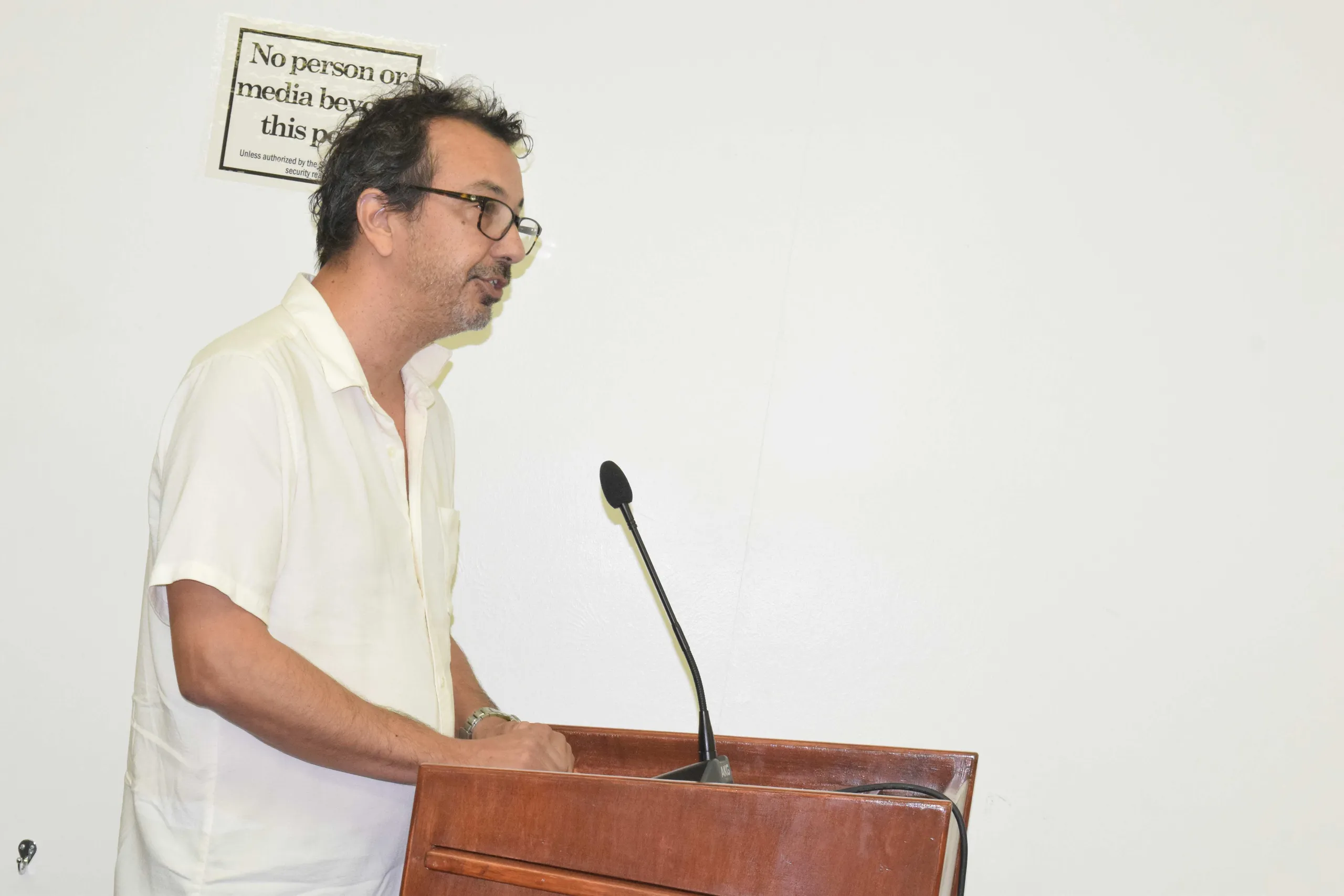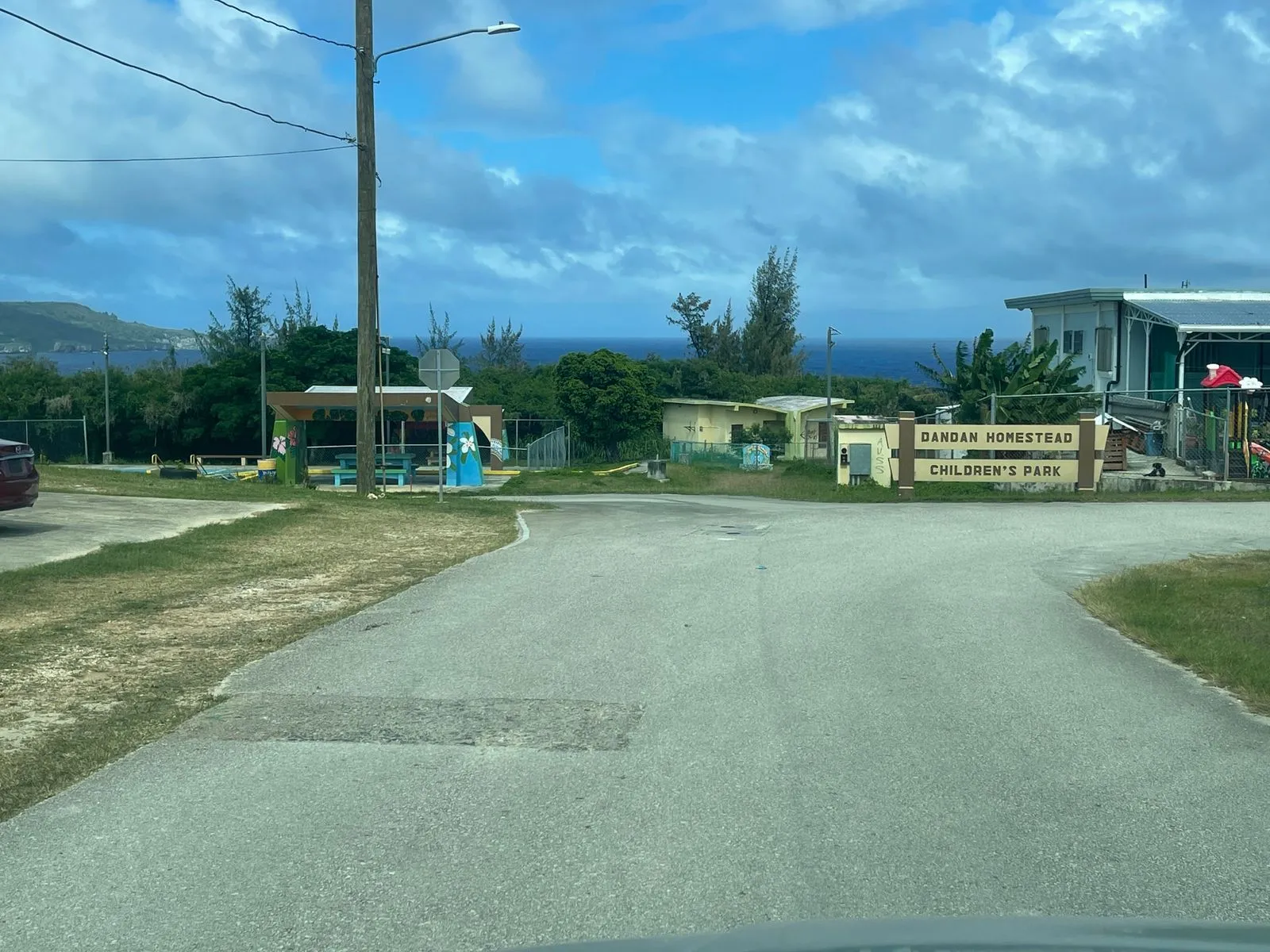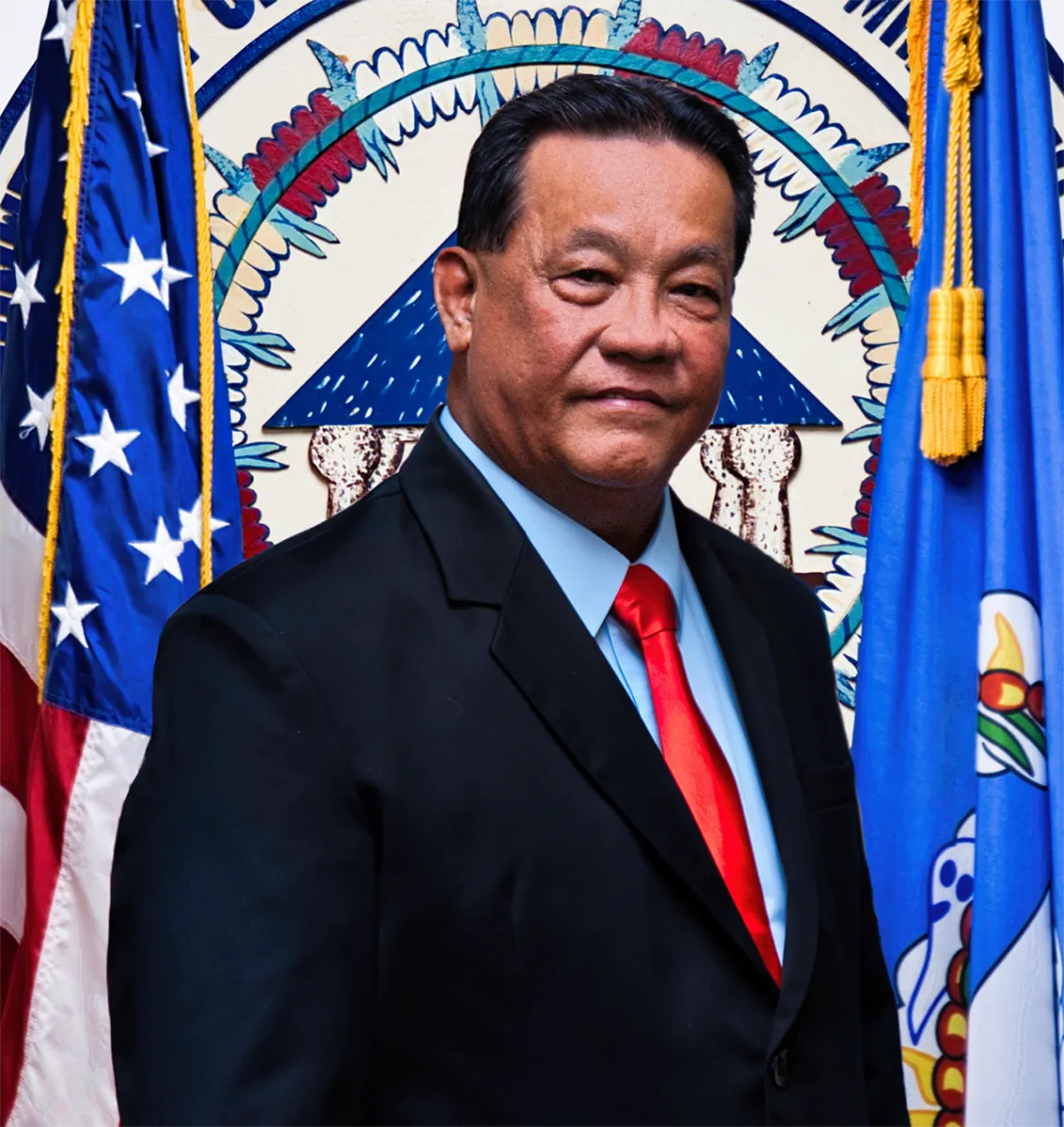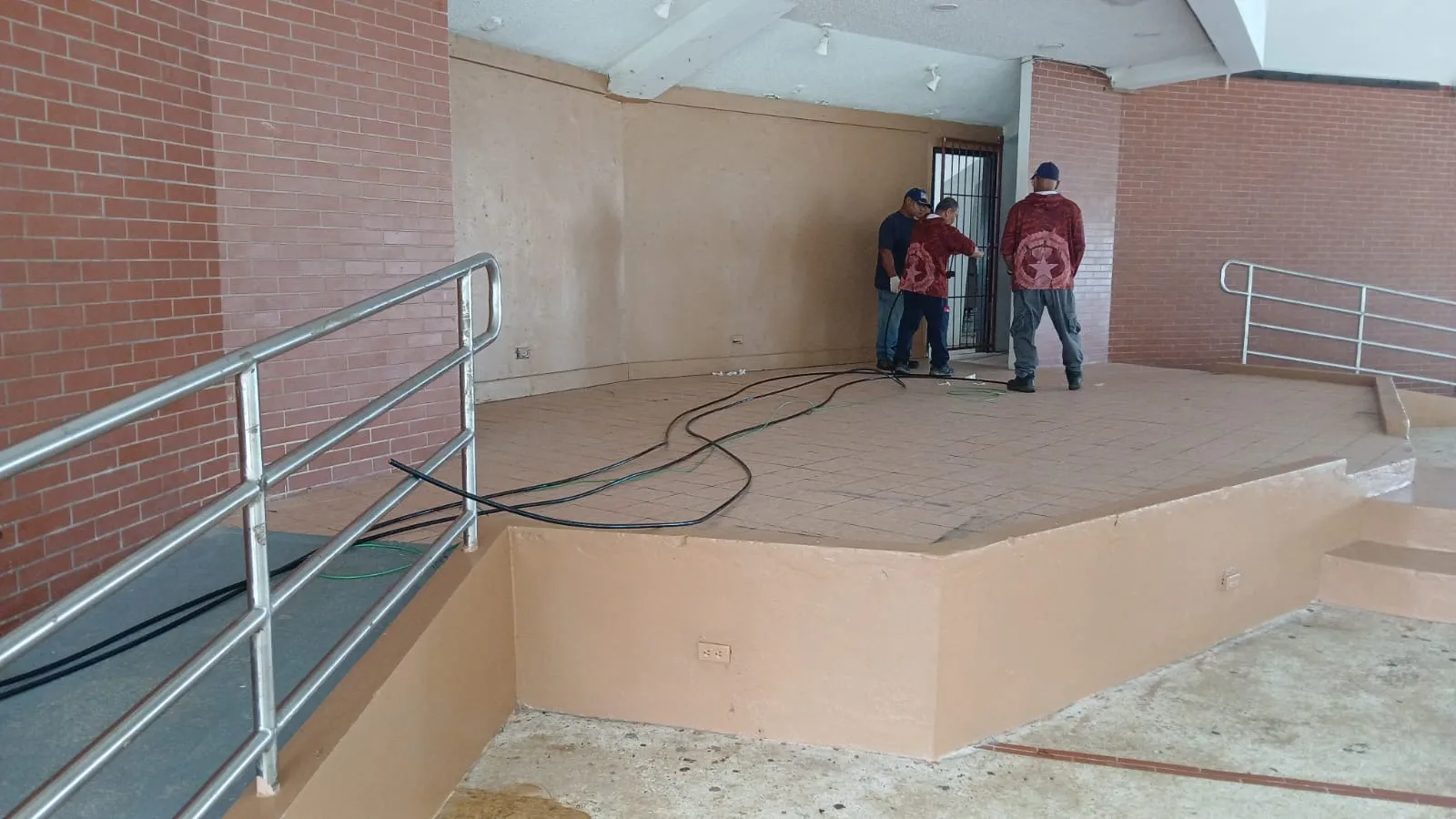
HAGÅTÑA (The Guam Daily Post) — Citizenship for residents of U.S. territories, including Guam, could be revoked by Congress at any time, according to a constitutional rights advocate who is representing American Samoans facing criminal prosecution for voting in Alaska.
Neil Weare, co-founder and co-director of Right to Democracy, a nonprofit organization that works to advance democracy and self-determination in U.S. territories, asserts that the federal government’s position on birthright citizenship presents an alarming risk for all residents of U.S. territories.
“The federal government’s position as they’ve set forth in the litigation we’ve been working on, and as they are completely transparent about, is that people born in Guam only have a statutory right to citizenship,” Weare said in an interview last month with The Guam Daily Post. “And so what that means is if the federal government, if Congress wanted to stop recognizing people in Guam as citizens moving forward, the federal position is that they could do that.”
More concerning, according to Weare, is whether such changes could be applied retroactively.
“It’s an open question whether they could even do that retroactively. So actually come in and say, ‘Hey, you know, it’s been great to have you all as citizens, but you know, you were born in Guam in 1990. We don’t want to recognize you as a citizen anymore,’” Weare said. “The federal government has recognized that’s an open question that’s open for debate.”
American Samoans facing criminal charges
These citizenship questions have moved beyond theoretical concerns to criminal prosecution in Alaska, where the state has charged multiple American Samoans with voter misconduct and related offenses.
On May 2, ten American Samoans were arraigned on charges that could result in up to ten years in jail per charge if convicted. This follows earlier charges against Tupe Smith, who Weare’s organization is representing.
The defendants are being prosecuted despite holding U.S. passports, paying taxes, and often, receiving conflicting information from state officials about their voting eligibility. According to Right to Democracy, state officials often automatically register American Samoans to vote and sometimes instruct them to check the “U.S. citizen” box on voter registration applications.
“The state of Alaska’s position is that even if a public official told them to state that they’re a citizen on the form, even if they were encouraged to vote, or automatically registered by the state, in the state of Alaska’s view, that’s still a felony, up to five years in jail,” Weare said during a press briefing following the May 2 arraignments.
Impact on families, communities
The criminal charges have created fear within the American Samoan community in Alaska, according to Tafilisaunoa Toleafoa, executive director of the Pacific Community of Alaska.
“The impact right now is that there’s fear in the community that they’re being targeted,” Toleafoa said. “If you go through here in Anchorage, if you go through a lot of the buildings that you would see that you have people that are American Samoans serving the community and working frontline work here. … And so all of these families will be impacted because of this specific issue.”
Michael Pese, one of those arraigned, shared how the prosecutions have affected his family. His mother, who was also charged along with several siblings, suffered a hemorrhagic stroke last week that Pese attributes to stress from the situation.
“She was stressed over it. Just last week, (on) Friday, we had our normal youth church service. She was about to give her sermon, and then she had a stroke,” said Pese, who works as a firefighter. “I asked my mom, and she said that she’s too pressured at everything that’s going on with her kids, that made her worry sick.”
Pese, who has been active in community service, now questions his place in the community. “After everything is done, I don’t know if I want to stay put in Whittier because I feel unwelcome. Everything that we’ve done for that community, I don’t feel like it’s appreciated with all these charges.”
Constitutional question remains unresolved
At the heart of these cases is whether the 14th Amendment’s citizenship clause applies to U.S. territories.
“Our view is that the 14th Amendment is clear,” Weare said. “If you’re born on U.S. soil, subject to the jurisdiction of the United States, you have a right to citizenship regardless of what Congress thinks.”
Charles Ala’ilima, an attorney in American Samoa for 40 years who is working with Right to Democracy, said the current classification of American Samoans as “noncitizen” U.S. nationals creates confusion that extends beyond American Samoa.
“The assumption that many states have is that, well, American Samoa is a U.S. territory just like Guam, Puerto Rico, the (Northern) Mariana Islands, and therefore that they are also citizens,” Ala’ilima said.
Historical context for Guam
The situation echoes Guam’s own history with U.S. citizenship.
“The federal government does not recognize people born in American Samoa as U.S. citizens, similar to as the federal government did not recognize people in Guam as U.S. citizens before 1950,” Weare said.
When asked if American Samoans had chosen not to be recognized as citizens, Weare disputed this characterization.
“No, it wasn’t…that’s another misconception,” he said. “They actually thought they were citizens when they became part of the United States through their Deeds of Session in 1900 and 1904. And then they actually fought for recognition of citizenship for decades.”
According to Weare, bills recognizing American Samoans as citizens passed the U.S. Senate “long before any citizenship legislation was considered for Guam,” but these bills failed in the House due to “opposition from the U.S. Navy and racist stereotypes from members of the House.”
Current concerns amid changing politics
Weare believes the current political climate makes these questions about territorial citizenship particularly relevant.
“It’s a scary time, right? I mean, you have the president of the United States openly talking about denaturalizing U.S. citizens,” he said. “And the federal government’s view is that they may be able to do that for people in the territories.”
“People in Guam and other U.S. territories must be given the opportunity to choose their own future political status through a process of self-determination,” Weare said. “But so long as the U.S. flag flies over these islands and the U.S. continues to claim sovereignty, people born in U.S. territories have a constitutional right to citizenship that cannot be denied or stripped by either Congress or the president.”


